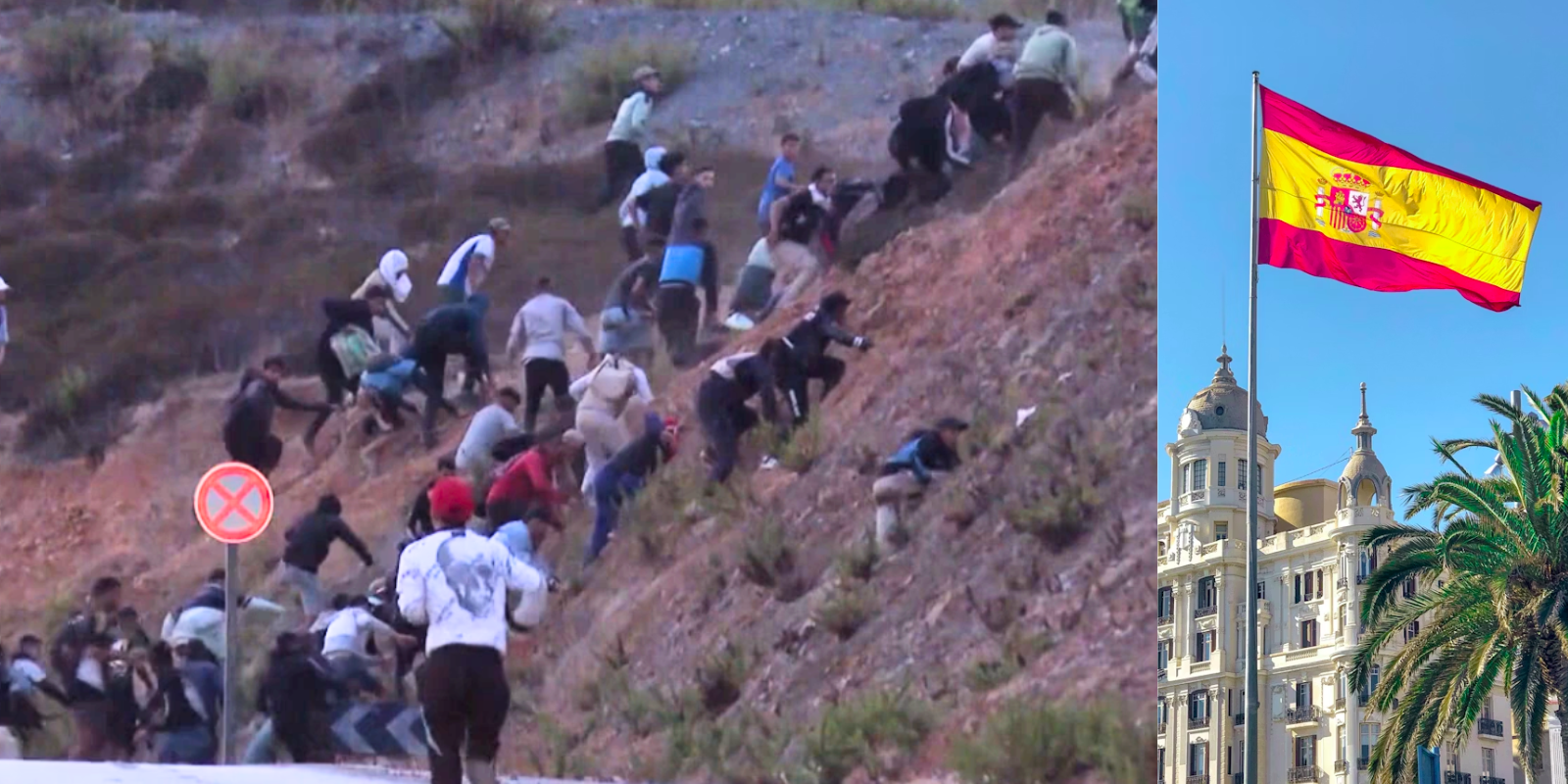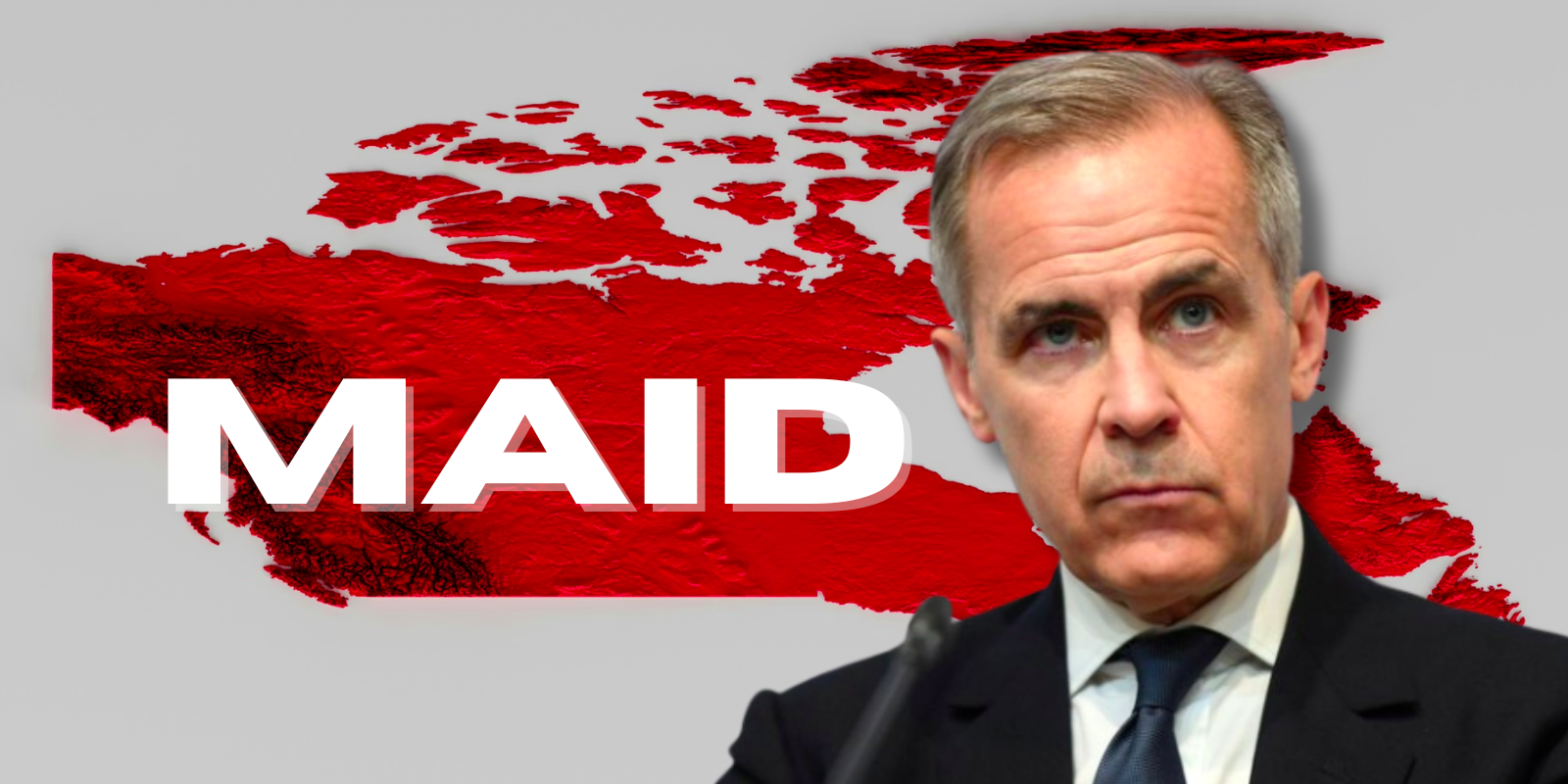The tragic events of Sept. 11, 2001, will long be remembered by Americans. So too will November 22, 1963, and the assassination of President John F Kennedy. Yet the most important date of the last 100 years in American history continues to be Dec. 7, 1941, the Japanese attack on Pearl Harbor, a date that will forever live in "infamy," a day that forever changed the character of the American Republic and its people.
Craig Shirley examines the entire month that led to World War II in December 1941: 31 Days that Changed America and Saved the World in a successful attempt to capture the sights and sounds of that long-ago era. In impressive detail, he tells us about the attitudes, cultural mores and prejudices of an America on the eve of entry into the second great war. (It was not yet World War II). He also chronicles America's response to the Japanese attack as it abruptly switches from peacetime pursuits to a war footing to begin the massive effort that would ultimately vanquish the first great totalitarian menace of the 20th century.
Americans in 1941 still expected to stay out of the second great war even though Nazi Germany had invaded Poland two years earlier and the Japanese empire had been gobbling up parts of the Far East for 10 years. Isolationist sentiment led by the America First Committee was strong even as Nazi submarines sunk American ships in the North Atlantic and the Japanese harassed U.S. allies in the Pacific. Indeed, President Franklin Roosevelt had forcefully promised to stay out of the war in his second reelection in 1940.
Such sentiment may have been fed by an economy that continued to stagnate. Despite nine years of the New Deal, the Great Depression had never really ended. Unemployment remained in double digits even as inflation in 1941 approached 11%. Of its annual $9 billion budget, the federal government borrowed $6 billion, or nearly two-thirds of all receipts. Americans continued to struggle to make ends meet even as the great events of December 1941 were unfolding around the world.
Prewar America, as described by Shirley, bore little resemblance to the postwar super power America would become. The U.S. Armed Forces had been badly neglected, though Congress had begun to boost the defense budget. Shirley tells of Army war games conducted in South Carolina where live ammunition was not available. One wonders what the leader of the exercise, George S. Patton, thought of that situation. The country yearned for the good times of the long-ago days of the 1920s. America was still fashion-conscious. Men wore suits to sporting events and women spent heavily on beauty products. Everyone wore hats and smoked cigarettes.
Sadly, racial prejudice still defined much of life. Eighty years after the Civil War, segregation was strictly enforced in the District of Columbia. In 1941, North Carolina State University and Morris Brown College played for something called "The Negro College Football Championship." Of course, there were no blacks playing professional baseball or football.
Prior to December 7, most war news was dominated by the titanic land battles between Germany and Russia, and in North Africa between the Germans and British. However, the major focus of U.S. diplomatic policy was Japan and its aggression in the Far East. In response to Japanese invasions of Manchuria, China and Indochina, the U.S. hit Japan with a near total trade embargo, including on oil and scrap metal. Before ending the embargo, the U.S. demanded Japan withdraw from all captured territory and cease all hostile actions in the Far East. Shirley's account of December 1941 begins with Washington officials waiting for the Japanese response.
Shirley chronicles the fateful events of December 7. The attack on Pearl Harbor was a total surprise, not only to U.S. policy makers, but also to commentators and foreign policy experts generally. The military had suspected the Japanese might strike Thailand, Singapore, or even the Philippines, but NEVER Hawaii. That all changed around 8 a.m., Hawaii time. The U.S. Fleet was badly crippled, though the full extent of the damage was not available to the public for some time. Despite his shock, President Roosevelt maintained outward calm and supreme confidence. Whatever one wants to say about the woeful intelligence and war preparation of his administration, Roosevelt galvanized the country's new determination in a way few other leaders could have. The next day, he described "a day that will live in infamy" (changed from "history") as the U.S. declared war on Japan.
The American response was swift, muscular, and far stronger than American policy post-9/11. The attack on the twin towers in New York City spawned the Patriot Act, the Transportation Security Administration, the Department of Homeland Security, and federal monitoring of phone calls to terrorist countries.
In December 1941, the federal government enforced curfews and blackouts in many major U.S. cities. The government took control of virtually ALL radio transmissions, the principal means of communication then. Most controversially, Japanese nationals living in the U.S. were rounded up almost immediately, leading to the eventual establishment of "internment camps." Shirley describes the fear induced by Pearl Harbor and numerous rumors of future attacks on the U.S. mainland. Nevertheless, the establishment of the camps and treatment of Japanese Americans can only be described as a blot on America's long record of devotion to freedom and the rule of law. Ironically, this Roosevelt policy was strongly supported by then-California Attorney General Earl Warren, a future chief justice of the U.S. Supreme Court who would later rule many congressional and presidential actions unconstitutional for violating civil liberties.
Otherwise, the American response to meeting the challenge of the Axis powers was heroic and decisive. The country was more united than it had been in any previous or subsequent conflict. America quickly switched to a war footing, with factories geared to production of ships, planes and tanks. Armed forces recruitment offices were swamped with volunteers. The scene in the movie The Godfather in which Michael volunteers for the Marines soon after the Japanese attack was repeated in tens of thousands of homes across the country. Bob Feller and Ted Williams, sports superstars in the prime of their careers, served with distinction, as did all future Presidents from Dwight D. Eisenhower through Gerald Ford, and also Ronald Reagan and George H.W. Bush. From 1952 through 2000, at least one major party candidate and sometimes both, were veterans of WW II. Hollywood celebrities pitched in to raise money for war bonds. The doubt and ambivalence pre December 7 melted away as America focused on winning the war and ending the nightmare begun by Hitler and Tojo.
Shirley generally gives Roosevelt high marks, describing him as resolute, calm and unflappable in public appearances and radio broadcasts. Yet Roosevelt must also be described as the ultimate "Teflon president," because the military, not his administration, was widely seen as the culprit for the disaster of Pearl Harbor. The government skillfully kept the extent of the damage at Pearl Harbor under wraps, and Roosevelt was able to focus the public's attention on the job ahead, not on what had happened.
December 1941 saw America take the first steps to eventually win the second great world war. But Shirley notes that this historic month also laid the groundwork for a far more powerful and intrusive government than America had ever known. The end of the war did not reverse the process, but accelerated it, as America moved to confront the new challenge of Soviet Communism. The Department of Defense was created to handle the maintenance and coordination of a large standing army manned for the first time by peacetime draftees. The isolationist sentiment of prewar years melted away as the U.S. joined the United Nations, founded the North Atlantic Treaty Organization, and established the Marshall Plan to aid war-ravaged Europe. High tax rates remained in place, rising as high as 91% in the early 1950s. The federal government increasingly saw as one of its major obligations the management of the U.S. economy though fine-tuning and fiscal stimulus.
National emergencies always beget stronger and more powerful government, and the aftermath of WW II was no exception. We became the most powerful country in the world, and a military super power, whether we liked it or not. The "American Century," as the 20th century would come to be known, grew out of the great events of December 1941, the month that changed America forever.





